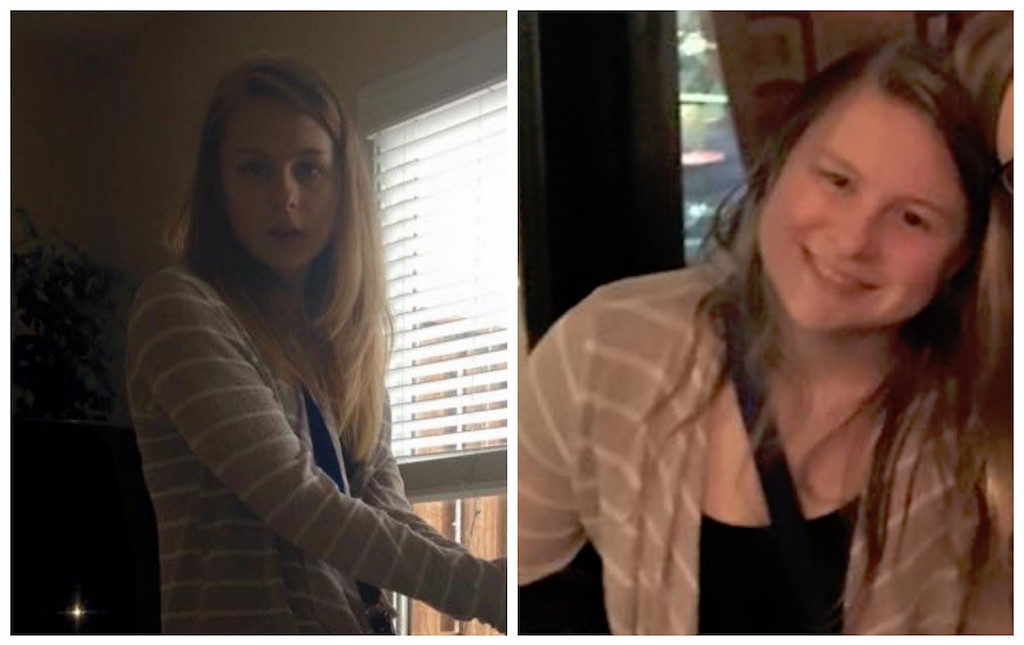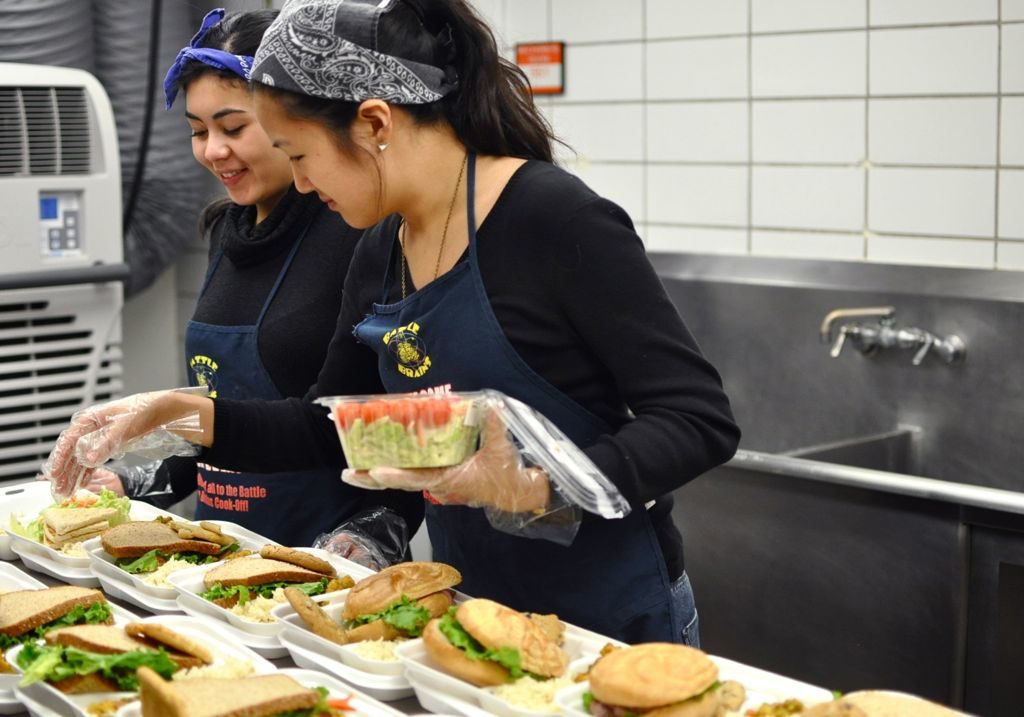My relationship with food could, at the very least, be described as complicated. On one hand, I adore food (especially all things dessert), but on the other hand, I’ve also struggled with poor body image and restrictive eating habits. On top of all of that, I also passionately hate food waste, which I feel lies at the heart of many of our nations greatest problems.
All of my different connections to food came together in a perfect storm during my first semester at college when I began binge eating. I don’t mean that I ate a little more out of stress. I mean that I regularly (almost daily) ate to the point of feeling sick.
In my dining hall, food is served to you, and portions could be pretty large. I knew this, but I would still grab all types of food. Even when I became full, I would continue eating until I finished everything on my plate (and then go back for seconds. Or thirds).

Photo by Lexi Nickens
I told myself, “I just don’t want to waste all of this food. If I don’t eat it then, then it’ll just get thrown away.” Of course, that thought process clearly doesn’t make a lot of sense. If I was really just eating to combat food waste, I could have just grabbed less food or asked for smaller portions. But eating disorders aren’t logical.
My binging took a toll on my body and mind as I fell in to a painful cycle of rapid weight gain and depression. By the end of my first semester, I was forced to accept that my eating habits were unhealthy and entirely unrelated to food waste. I realized that I was using binging to cope with my personal, rather than environmental, problems.
I began to take actual steps to deal with my disordered eating habits and also found more productive ways to fight food waste. For example, I spread awareness about how to combat food waste and joined a wonderful organization called Campus Kitchens, which uses food scraps to make homemade meals for the homeless.

Photo by Lilly Allen
Most importantly, I realized how easily our minds can justify our negative relationships with food. For example, many (including myself) will adopt intensely restrictive diets as a way to improve our physical health, but in some cases, this could be a form of disordered eating.
My experience has shown me that our minds can often find ANY excuse, no matter how illogical or ridiculous, to justify disordered eating. But we must remember that as one form of mental illness, eating disorders are sicknesses. If you have one, you deserve treatment.
Food should nourish our minds and bodies. It should not cause anxiety, leave you feeling deprived, or make you physically ill. If any of this sounds like you, consider reevaluating your eating habits to see if your mind is somehow justifying disordered eating behaviors.
Remember, you are not alone. You will regain control over your eating. You can have a positive and healthy relationship with food.


